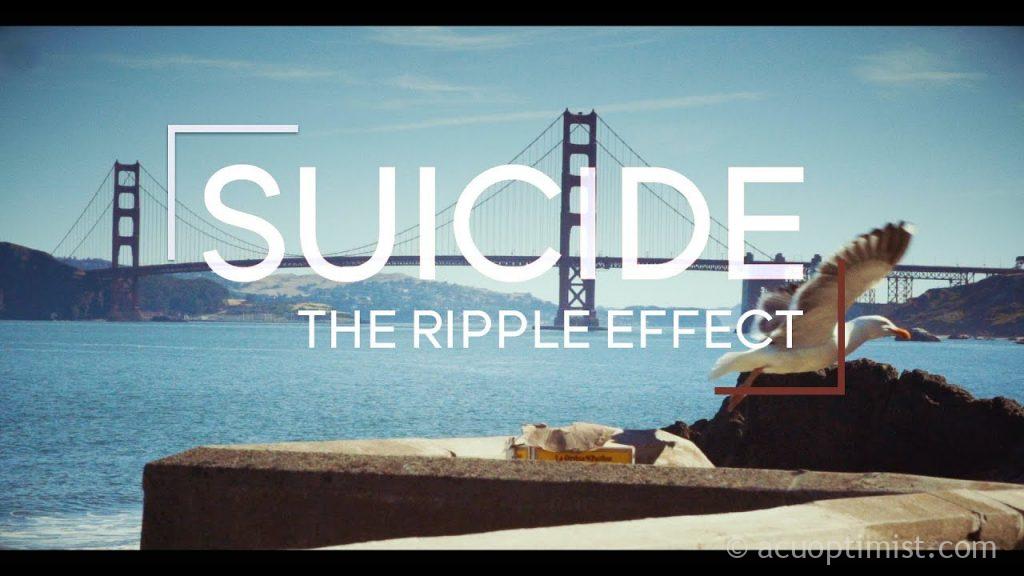ACU and Mental Health of America came together and presented the documentary “Suicide: The Ripple Effect” in Cullen Auditorium Tuesday evening.
The event began with the screening of the documentary based on Kevin Hines’ experience with mental health struggles, followed by a Q&A session on the immediate and lasting effects of suicide.
Kevin Hines, at the age of 19, attempted to take his life by jumping off of the Golden Gate Bridge. Hines is now a world-renowned mental health advocate, speaker and author whose work is based solely on spreading a message of hope and recovery.
“Suicide: The Ripple Effect” documents Hines’ personal experiences prior to the suicide attempt and his experiences with his current mission to spread awareness. The feature-length film highlights families and individual’s stories who are proactively using their tragedies to bring hope to others.
Following the featured presentation, a panel of four experts conducted a Q&A session with the students and faculty in attendance. Most notably on the panel were ACU Counseling Center lead Tyson Alexander and the director of Abilene’s branch of Mental Health of America Samantha Manski.
Manski brought expertise from her career in suicide ideology and work with fellow suicide attempt survivors, as well as families who have been traumatized by suicide. She said her duties with Mental Health of America include hiring attempted suicide survivors who have been through counseling and thorough training to connect with those in a crisis situation in the Abilene area. She said that if she could bring that same hope and awareness to college campuses, the rate of suicide could drastically decrease.
“If you get people while they are in school and more open to thinking things through they could save lives,” Manski said. “The amount of potential hope and joy in people’s lives can be drastically changed with one interaction and one ‘are you okay?'”
Alexander said that suicide and mental health awareness is one of the least talked about topics,but is one of the most prevalent issues on college campuses today. He said that the importance of a mental health awareness and suicide screening and panel is so crucial on a college campus that has dealt with recent tragedies.
“There is a ripple effect of we are not talking about [in suicide and mental health],” Alexander said. “We are, but we are not being heard. Having an event like this and inviting the whole campus allows us to have the tough conversations in a safe place.”
Alexander said that for students who need to relieve that mental strain or know someone who is dealing with mental health or suicidal thoughts, the ACU Counseling Center is available through appointment or phone call. He said that if you do not receive an answer immediately, continue to call because students are their first priority.
“You are your brother’s brother,” Alexander said. “Being that person who can be compassionate. Their struggle is bigger than my fear and let me step towards this to open that door for them, letting them know that there is someone who cares.”

